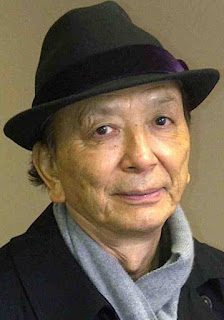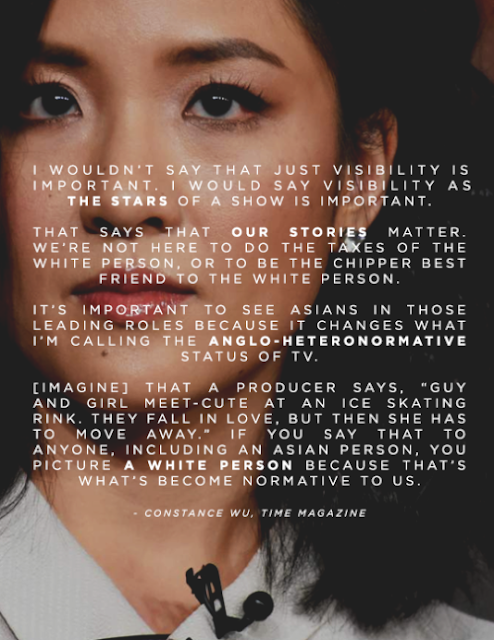 |
| Some of the actors invited to join the Academy of Motion Picture Arts & Sciences in 2016. |
THE ACADEMY of Motion Picture Arts & Sciences invited 683 artists to become members of the organization which sponsors the Oscars. Forty-one percent of the invitees, or 272, are people of color. Seventy of those are Asian or Asian/American.
The move to diversify the Academy's membership was not unexpected after the firestorm that overlooked actors of color for any acting nominations for two straight years.
Academy President Cheryl Boone, who is African/American, promised to double the Academy's minority membership after the embarrassing voting results that spurred the #OscarsSoWhite outcry that spotlighted the lack of diversity in the motion picture industry.
“We’re proud to welcome these new members to the Academy, and know they view this as an opportunity and not just an invitation, a mission and not just a membership,” Cheryl Boone Isaacs, Academy president, said in a statement. She also encouraged Hollywood and the larger creative community to “open its doors wider, and create opportunities for anyone interested in working in this incredible and storied industry.”
“We’re proud to welcome these new members to the Academy, and know they view this as an opportunity and not just an invitation, a mission and not just a membership,” Cheryl Boone Isaacs, Academy president, said in a statement. She also encouraged Hollywood and the larger creative community to “open its doors wider, and create opportunities for anyone interested in working in this incredible and storied industry.”
 |
| James Hong |
RELATED: For complete list of invitees, click hereFor example, among those invited to join the Academy were James Hong, who has been in the movie business for decades and who has been in innumerable films had never been invited before. He's one of those character actors whose face is instantly recognizable but whose name most people overlook; Daniel Day Kim from TV's Lost and Hawaii 5-O also did the movies Spiderman 2, Crash, Insurgent and Allegiance; and Freida Pinto of Slumdog Millionaire.
Other big names invited and who I assumed were already Academy members included Kate Beckinsale, Idris Elba, Emma Watson, America Ferrera, Michael B. Jordan, Daphne Zuniga and Damon Wayans, Jr.
Among Asian/American directors, Cary Joji Fukunaga who has Beasts of No Nation and Jane Eyre under his belt; Karyn Kusama, Jennifer’s Body and Girlfight; and James Wan, The Conjuring and Saw received invitations.
 |
| Academy graphic |
“The Academy will supplement the traditional process in which current members sponsor new members by launching an ambitious, global campaign to identify and recruit qualified new members who represent greater diversity,” AMPAS said in a press release when the anger over #OscarsSoWhite became evident.
Among the invitees were a number of actors, directors and technicians from other countries to help obtain the diversity the Academy sought.
 |
| Tatsuya Nakadai |
But really - the needle towards inclusiveness and diversity has barely moved. Prior to the invitations being sent out, only 8 percent of the Academy membership were minorities. Even if all the minority invitees accepted, there would only be 11 percent minority membership. Hardly enough to make a significant change in the Academy's voting patterns.
In order to meet the stated diversityi goals, the Academy will have to add 500 non-white members and 1,500 female members in the next five years.
The list of invitees, the largest number ever, was not without controversy. A mini-revolt was fomenting within the Academy causing a handful to run for the executive board with the intention of overturning the new recruiting strategy. However, after the voting was over, only one critic was successful. The counter campaigns did show that an institution such as the Academy is not changing willingly.
Though the June 29 announcement represents only a slight bump in diversity, it is an improvement over past years. But it also shows, that there is plenty of room for improvement.
Maybe the 2017 Oscars will be worth watching -- if they do away with the Asian jokes.
###


























